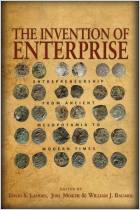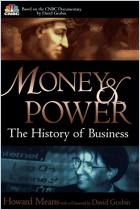
Dynasties
Fortunes and Misfortunes of the World's Great Family Businesses
Recommendation
You know the names: Rothschild, Rockefeller, Ford, Toyota, Guggenheim. Yet, economists rarely analyze the impact of family enterprises. Bestselling author and scholar David S. Landes corrects this imbalance with his study of 11 enduring, influential dynasties. He defines a dynasty as a successful business held within one family’s control for at least three generations. Family companies, even immense ones, often follow a predictable pattern: First, an ambitious, clever, hard-working patriarch, and, perhaps, his children, found a big, profitable business. Then, the following generations spend the accumulated wealth instead of adding to it. Yet, there are fascinating anomalies within this model – from amazing philanthropy to bad apples. The dramas behind family ties that unravel (or knit more strongly) in the face of big money make each chapter read like an absorbing novel. Sometimes Landes’ attempt to track every branch of a family tree can leave the reader out on a limb, yet getAbstract warmly recommends this entertaining work to anyone with an interest in history, economics or family dynamics.
Summary
About the Author
David S. Landes taught history at George Washington University and Harvard. He also wrote The Wealth and Poverty of Nations, Bankers and Pashas and Revolution in Time.






















Comment on this summary or Start Discussion